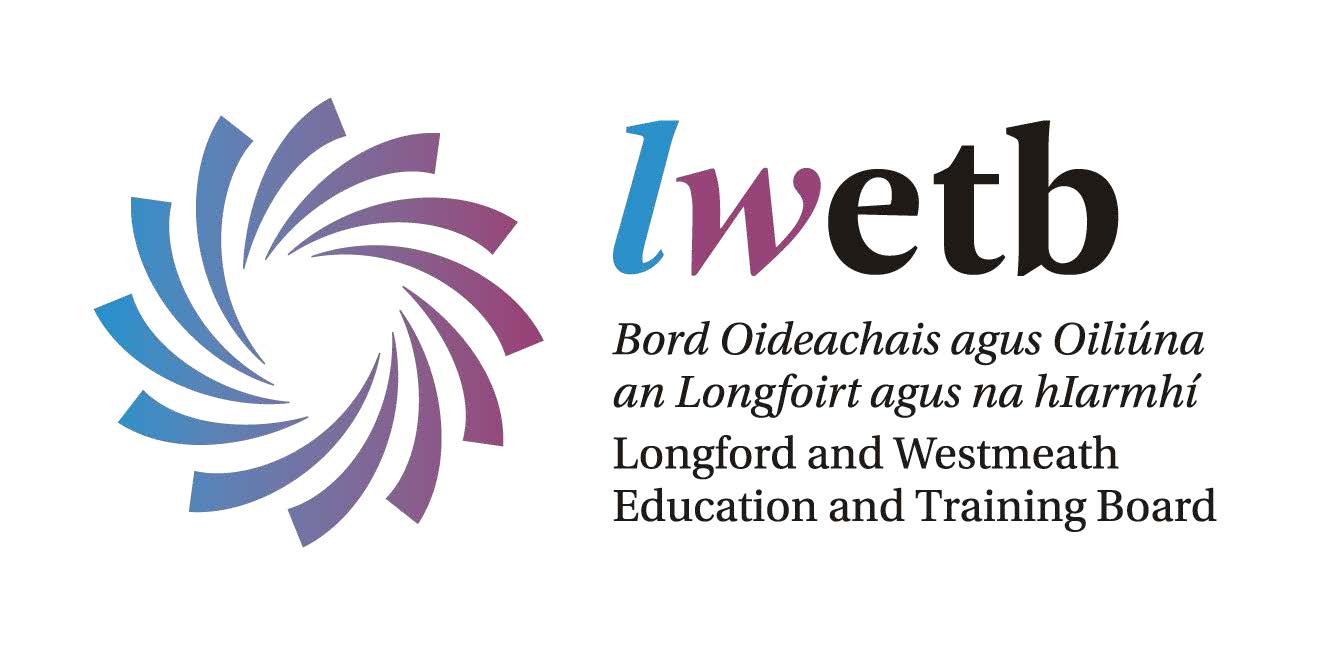Online learning with LWETB is an initiative of LWETB in conjunction with Cenit College.
It is a programme that offers learners courses in legal and medical administration and entry level management training.
The programme is available on a continuous antique basis, so you can start at any time. There are no fees for you to complete these courses.

The Level 5 QQI Certificates enables learners to develop a wide range of skills, which are vocationally specific and require a general theoretical understanding. With these awards, learners are enabled to work independently while subject to general direction.
Modules in the QQI framework contain a number of assessment techniques.
Please select an option below:
The purpose of this award is to equip the learner with the knowledge, skill and competence to understand the structure and function of the human body and the interrelationship between its systems.
Learners will be able to:
Reflect on the role of the human body and the interrelationship between the systems of the body.
The purpose of this award is to equip the learner with the knowledge, skill and competence in the range of medical terminology applicable and relevant specifically to a medical receptionist or secretarial role in medical practice, clinic and or hospital context.
Learners will be able to:
Prepare final medical reports; ensuring the use of appropriate terminology, language and format.
The purpose of this award is to equip the learner with the knowledge, skill and competence to perform audio transcription tasks, using a range of input devices, to produce mailable standard documents.
Learners will be able to:
Attain minimum production standards of 40 wpm and 97% accuracy.
The purpose of this award is to equip the learner with the knowledge, skill and competence to provide effective customer service within a work, social or voluntary environment, operating independently while under general supervision.
Learners will be able to:
Demonstrate team or group work in providing customer care, to include allocation of roles and responsibilities, good communication and feed
The purpose of this award is to equip the learner with the knowledge, skill and competence to in the principles and practices of business law and its impact on a range of business organisations.
Learners will be able to:
Reflect on the role and impact of EU legislation on Irish business activity and work practices and on the Irish consumer
The purpose of this award is to equip the learner with the knowledge, skill and competence in legal practice and principles to enable the learner to appreciate the role of law in a range of vocational context and within their personal lives.
Learners will be able to:
Distinguish between civil and criminal, public and private and procedural and substantive law.
The purpose of this award is to equip the learner with the knowledge, skill and competence to provide effective customer service within a work, social or voluntary environment, operating independently while under general supervision.
Learners will be able to:
Demonstrate team or group work in providing customer care, to include allocation of roles and responsibilities, good communication and feed
1. Complete your application on Fetch Courses. Click here for instructions on this process)
QQI Modules FETCH link is here (click apply now and follow the steps)
2. Complete the Commencement Form (downloadable below)
Complete all sections highlighted in yellow
3. Proof of Identification will be required. Photo ID and proof of your PPS number. If you have a Public Service Card a picture of both sides will satisfy this requirement. Alternatively, you can send a photo/scan copy of your driving licence/passport and a photo/scan copy of a letter from Social Welfare or Revenue that shows your PPS number.
4. Send your completed commencement form (step 2 above) and your proof of ID and PPSN number (step 3 above) to this email address. courserecruitment@lwetb.ie
Once LWETB has received the above information via email and all is in order, they will approve your participation in the course and you will be enrolled on your chosen module within a week.
Participants will need to have access to the following:
Basic knowledge of online classrooms such as Zoom / Microsoft Teams
Online
Cenit College
Phone : 044 930 6221
Email: onlinelearning@cenitcollege.ie
The course is available online 24×7
Support Hours:
9:00AM – 4:15PM Monday – Thursday
9:00AM – 1.15PM Friday